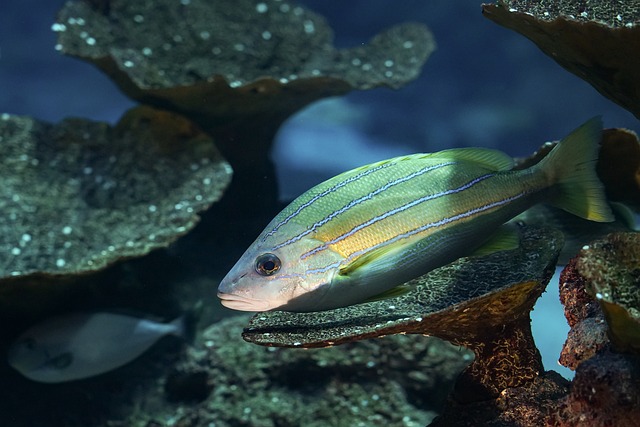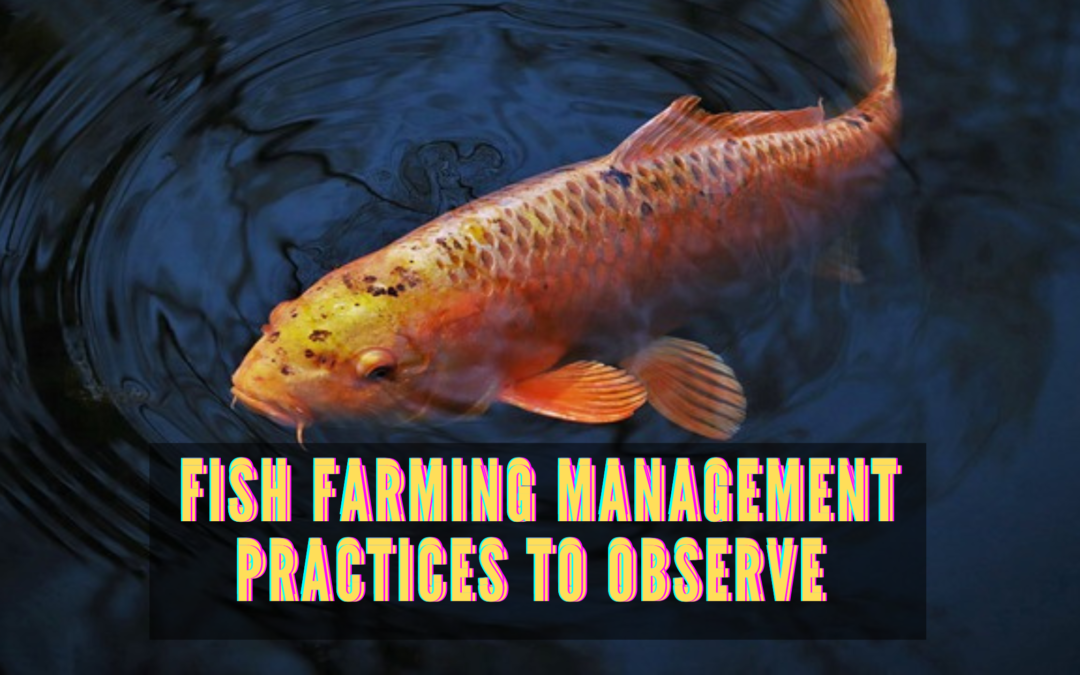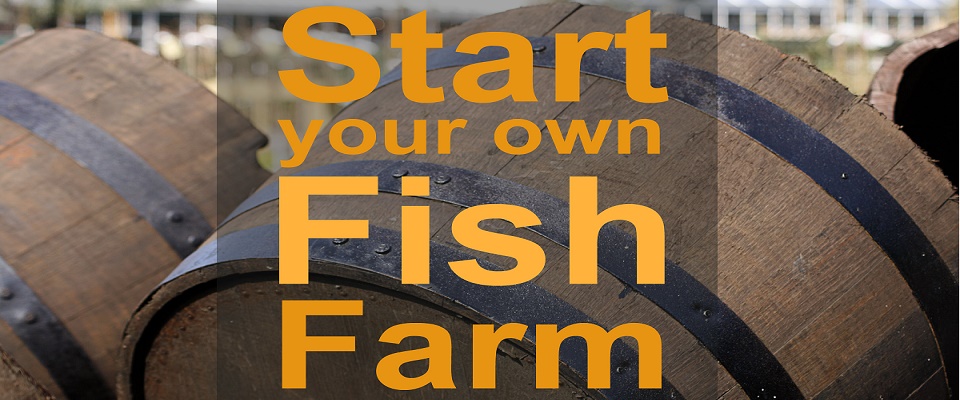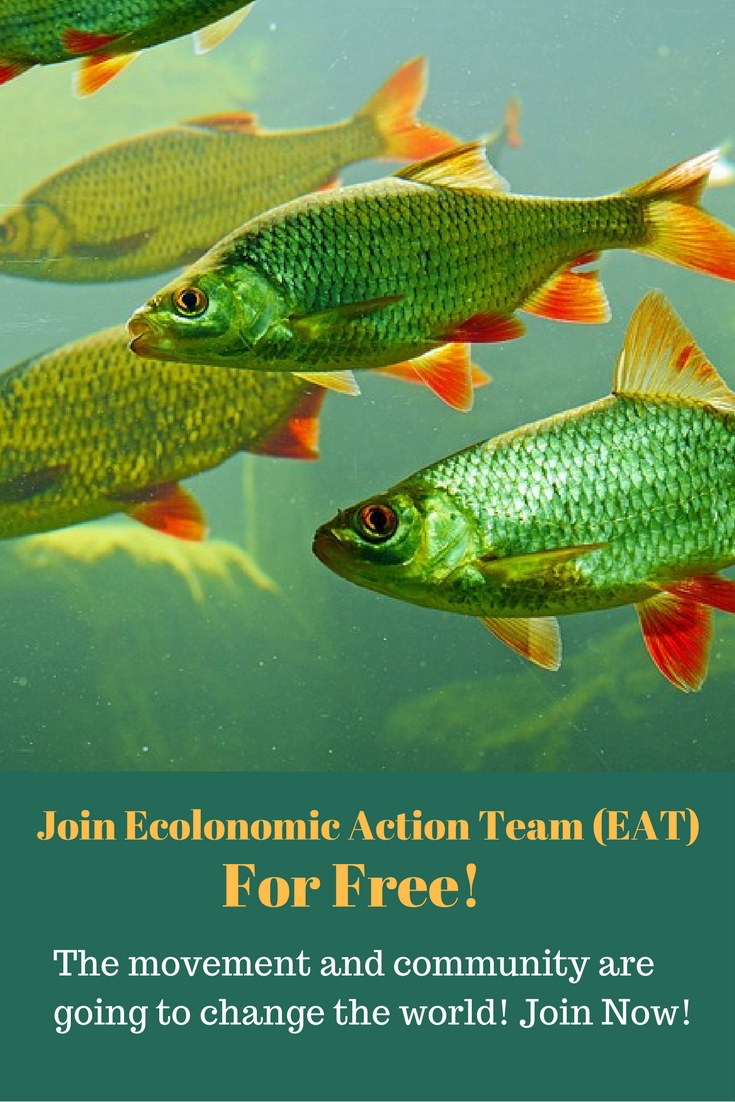Fish farming is the commercial breeding of fish in ponds, fish tanks, and artificial enclosures for food purposes. Fish farming is one of the fastest-growing areas of animal production with many people having a great preference for low-fat animal protein which is mostly derived from seafood. The fisheries industry has become a huge source of food security and livelihood for millions of people across the world. Presently, aquaculture products are some of the most traded food commodities the world over with the exports rising to hundreds of billions in US dollars.
Principles for Successful Fish Farming Management
Fish farming is a venture aimed at rearing fish for commercial purposes. It’s becoming a reliable source of income for the farmers and a source of employment for the local communities. Fish farming demands daily supervision and farmers should have specialized knowledge on how to take care of the farms. Fish farm is the base for a fish culture where the daily needs of the fish are met at the different stages of growth such as breeding and production management.
Fisheries management entails the adoption of appropriate management rules and regulations that are based on defined objectives, including monitoring, control, and surveillance of the fish farms. When setting up fish farms and ponds a decision should be made whether to go for a small or large-scale venture. Whether you are starting small or large, ensure that you use a good fish tank. Things like pool leaks, shallow depths, and pool decks should be avoided.

Water Quality Management for Improved Production
Management of water quality is very important for fish farming since farmed fish are normally very sensitive to any changes in water parameters such as toxins, gas presence, water temperature, and pH. Water quality should be monitored frequently and also controlled so as to help maintain fish health, fish production, and quality. Water quality is required if fish are to grow and thrive well.
Quality water is that which does not have contaminants, and also has a good content of dissolved oxygen. Quality water also does not have excess amounts of organic matter. Pond fencing should be applied to help ensure there is no intrusion into the ponds that can lead to loss of fish or contamination of the water. Good water quality should be about what the fish wants and not what we think that the fish wants. The survival and growth of fish highly depends on the quality of water and that should be well managed.
Fish Feed Management
Apart from monitoring water quality, fish feed is another important factor that should be monitored. High-quality fish meals help in ensuring increased fish production and in turn keeps fish healthy. All fish species require feeding multiple times a day and there are chemicals that should be incorporated to help keep the pond free from diseases. The choice of fish meal is a critical factor that should be given emphasis, and sustainable fishing strategies should be adopted for sustained production.
Get more insight on fish management practices by visitingEAT Community Register and get to interact with a team of expert aquaculture farmers.
Related Articles and Resources:
- 3 Fish Farming Practices and Importance
- Expert Tips to Scaling Aquaculture Farming
- Tips For Feeding Fish In Ponds



